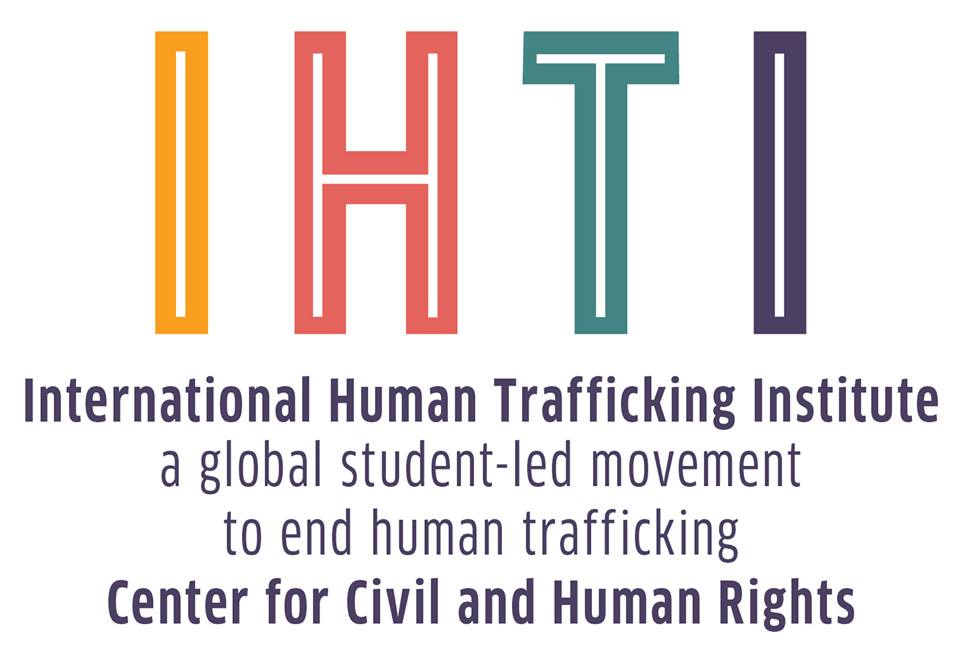Human Trafficking as a Social Movement

Social change emanates from people working together towards a greater good. Some of the greatest historical movements engaged student activists inspired by social change. Last Saturday over a hundred students gathered together to discuss how they could use the tools of social change and social movements to end human trafficking.
The first student convening of the International Human Trafficking Institute (IHTI), a project of the National Center for Civil and Human Rights, was designed to support student activists as they undertake activities on their campuses and around the world. The goal of the convening was to start the process of connection, collaboration, and action among students in the U.S. and in other parts of the world.
Some of the most respected speakers on human trafficking and student activism were there to help. Withelma “T” Ortiz Walker Pettigrew, prominent domestic sex trafficking activist, spoke on her experiences of being an activist and college student, as well as a sex trafficking survivor. T discussed growing up in the foster care system and how at the age of ten a trafficker offered the things her foster care families had failed to give her: consistency, connection, and love.
Now as a student pursuing her degree in communications, T recognized the important role that all students play in the fight against human trafficking: “There’s not one major in the liberal arts study that does not in some way impact the human trafficking issue… Ask yourself, where can you fit in? Where can you make contributions to make the lives of those being victimized different or better?”
The students also had the opportunity to hear from Dr. Sylvia Hill, longtime activist from the civil rights, anti-war, and black consciousness movements. Dr. Hill spoke to her abundance of experiences as an organizer, including her experience as the Secretary General of the North American delegation to the Sixth Pan African Congress, as a founding member of the South Africa Support Project, and as an architect of the Free South Africa Movement. She spoke about the importance of inspiring other students and activists to adopt an issue as their own. Ownership over an issue can help ensure an activist sticks with it over the long term, even if change is slow. “You have to think about ‘How do I get people to feel an affinity for this issue and that they adopt this issue as something that belongs to them and something that they want to live, sleep, breathe for a long time?’”
Students also got a chance to hear from another college student: video journalist Jack McRee. Jack previously worked with The Mercy Movement, a humanitarian organization focused on combating human trafficking. He produced the following video and call to action using resources provided by the International Human Trafficking Institute:
Are you a student interested in engaging in the fight against human trafficking? Join and network with the International Human Trafficking Institute to collaborate with other student organizations and social change mentors in the United States and abroad.
Sarah Pierce is a Program Manager at Human Trafficking Search.
